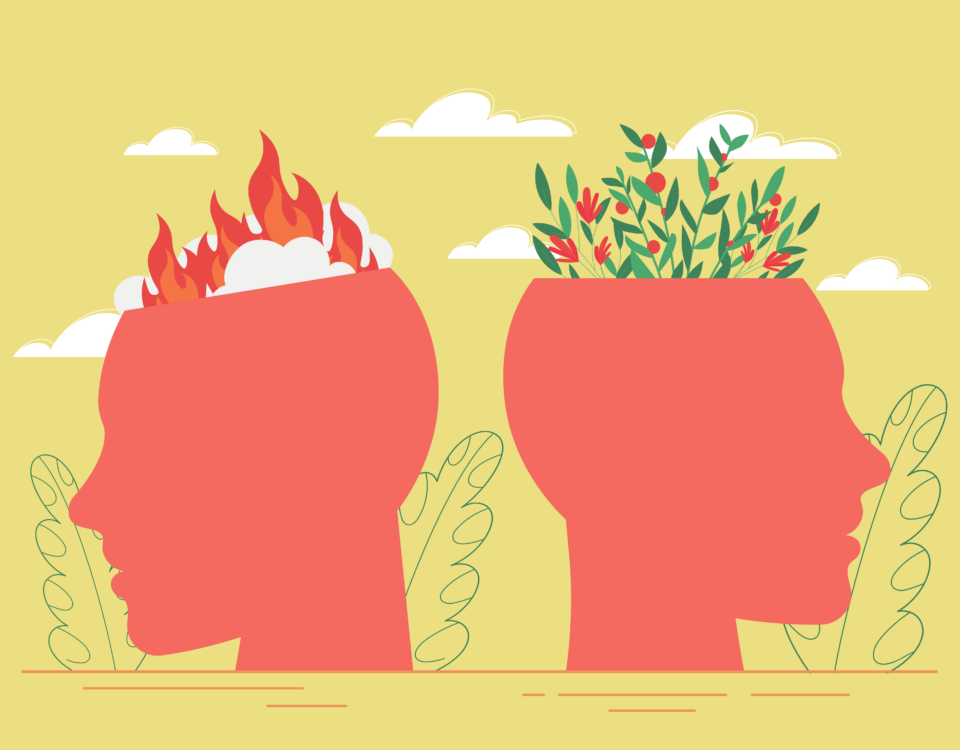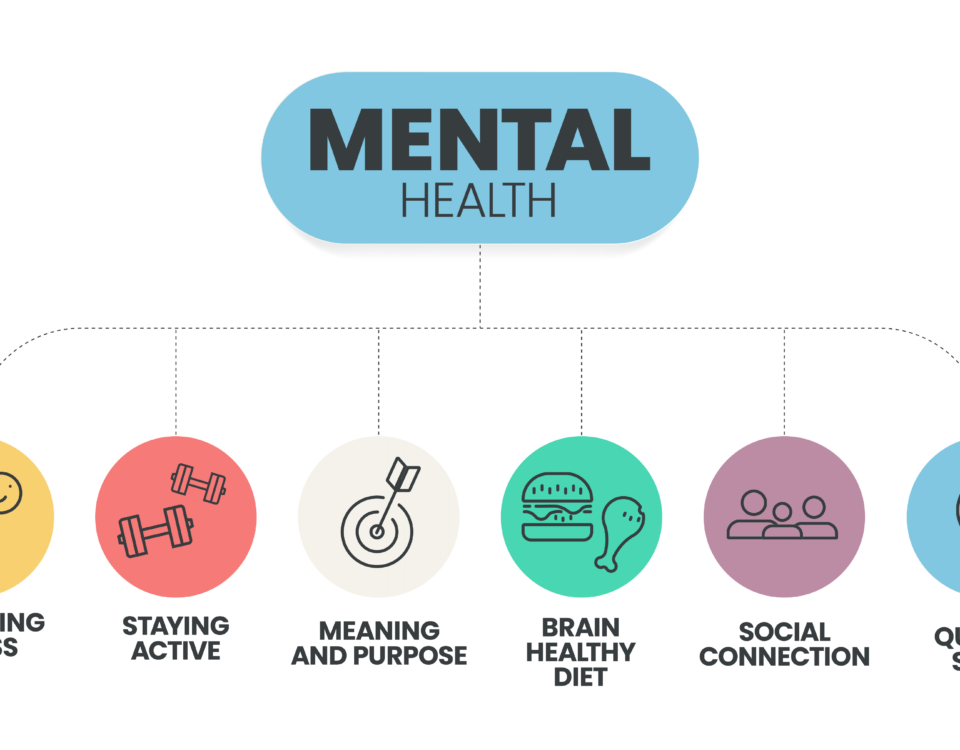When we think of alcoholism, many of us picture someone drinking excessively and getting drunk every day. However, the reality is much more complex. Alcoholism, or alcohol use disorder (AUD), comes in many forms, and its impact can vary from person to person. Not all alcoholics fit the stereotypical image of a daily binge drinker. In fact, alcohol use disorder can be present even when drinking doesn’t seem extreme. Let’s explore the different types of alcoholism and challenge the common misconception that it's only about drinking every day.
1. Chronic Alcoholism
Chronic alcoholism is what most people envision when they think of alcohol use disorder. This type is characterized by consistent and heavy drinking over an extended period. Individuals with chronic alcoholism often drink to the point of intoxication daily, leading to physical and emotional consequences.
Symptoms of chronic alcoholism include:
- Drinking large amounts of alcohol daily or nearly every day.
- Strong cravings for alcohol.
- Loss of control over drinking.
- Physical health problems, including liver disease and cardiovascular issues.
2. Binge Drinking and Alcoholism
Binge drinking refers to consuming an excessive amount of alcohol in a short period. While it doesn’t necessarily involve daily drinking, it can still lead to alcoholism over time. People who engage in binge drinking may go through periods of sobriety but often drink heavily during the occasions they do drink.
Binge drinkers might consume large amounts of alcohol in a single sitting, often reaching a level of intoxication that impairs their judgment and coordination. This type of drinking can escalate into more frequent episodes, eventually leading to alcohol dependence.
3. High-Functioning Alcoholism
One of the most misunderstood forms of alcoholism is high-functioning alcoholism. People with this type of alcohol use disorder may appear to live normal lives, excelling in their careers or personal relationships, while secretly battling an alcohol problem. High-functioning alcoholics may not drink every day, but when they do, they often consume large quantities of alcohol.
What distinguishes high-functioning alcoholism is the ability to maintain responsibilities and obligations despite the alcohol use. However, the effects of alcohol can still harm their physical and mental health over time, even if outwardly, they appear fine.
Signs of high-functioning alcoholism can include:
- Regularly drinking large amounts of alcohol without letting it interfere with work or relationships.
- Feeling the need to drink to relax or cope with stress.
- Becoming defensive or secretive about alcohol consumption.
4. Social Alcoholism
Social drinking can be a normal part of life, but for some, it can evolve into a form of alcohol dependence. Social alcoholism occurs when someone regularly drinks alcohol in social settings, often to the point of excess, but without necessarily engaging in heavy daily drinking.
People with social alcoholism may drink in specific contexts, such as at parties or gatherings, and feel uncomfortable or out of place without alcohol. While they might not drink every day, their reliance on alcohol in certain environments can still indicate a problem.
5. Alcoholism with Co-Occurring Mental Health Disorders
Many individuals with alcohol use disorder also struggle with mental health issues, such as anxiety, depression, or trauma-related disorders. This is known as dual diagnosis or co-occurring disorders. For these individuals, alcohol may be used as a coping mechanism for their emotional pain or to self-medicate symptoms of mental illness.
In these cases, alcoholism may not be immediately apparent. The individual might only drink in response to stress, emotional turmoil, or depressive episodes, but the underlying mental health struggles are central to their drinking behavior.
6. Late-Onset Alcoholism
Alcoholism can develop at any age, and some people may not develop a problem until later in life. Late-onset alcoholism typically occurs in individuals over 40 who, over time, begin using alcohol as a way to cope with stress, retirement, health problems, or loneliness. While the drinking may start out casually, it can escalate, leading to a loss of control over time.
Older adults with late-onset alcoholism may not fit the typical profile of someone struggling with alcohol dependence, especially if their drinking patterns are more episodic rather than daily. However, like other forms of alcoholism, it can lead to significant health complications.
Questions about our Facilities or Programs?
Our admissions coordinators are available 24/7 to answer any questions you may have as you consider whether treatment at Banyan is right for you or your loved one.
Breaking the Myth: Alcoholism Isn't Just About Daily Drinking
One of the most pervasive myths about alcoholism is that it only affects those who drink every day or become drunk regularly. The truth is, alcoholism can take many forms. People with alcohol use disorder can go for days or weeks without drinking, but when they do, their consumption can be excessive or lead to significant physical and emotional harm. Additionally, the impact of alcohol may be more about how it interferes with daily functioning, relationships, and overall health than about how often someone drinks.
Risk Factors for Alcoholism
Certain factors can increase the likelihood of developing alcohol use disorder, regardless of drinking frequency. These include genetics, family history of alcoholism, and environmental influences. For example, individuals with a family history of alcohol problems may be more predisposed to developing alcoholism themselves. Additionally, those with co-occurring mental health disorders, like depression or anxiety, are at a higher risk of using alcohol as a coping mechanism, which can lead to dependency.
Signs of Alcoholism to Watch For
Recognizing alcoholism isn’t always straightforward, but there are common signs that indicate a problem might be present, regardless of drinking habits. Some signs to watch for include:
- Drinking more than intended or for a longer period than planned.
- Experiencing cravings or a strong desire to drink.
- Being unable to control the amount of alcohol consumed, even when trying to cut back.
- Drinking to relieve stress, anxiety, or emotional pain.
- Neglecting responsibilities at work, school, or home due to drinking.
The Impact of Alcoholism on Mental Health
Alcoholism is often linked to a variety of mental health challenges. People with alcohol use disorder may use alcohol to self-medicate symptoms of mental health disorders, such as anxiety, depression, or PTSD. This can create a cycle where the mental health condition worsens with alcohol use, leading to further dependency.
In many cases, individuals with alcohol use disorder also face co-occurring mental health disorders, known as dual diagnosis. This dual diagnosis requires integrated treatment approaches that address both the addiction and the underlying mental health issues.
Getting into treatment is easy with our free insurance verification
"*" indicates required fields
Treatment Options for Alcoholism
If you or a loved one is struggling with alcohol use disorder, know that there are effective treatment options available. These may include:
- Detoxification Programs: A medically supervised detox can help individuals safely withdraw from alcohol, managing withdrawal symptoms and ensuring safety. Detoxing at home, however, can be risky as withdrawal symptoms can be unpredictable and severe, potentially leading to dehydration, seizures, or even life-threatening complications. A professional detox program, such as those offered at Banyan Treatment Centers, provides the necessary medical support to ensure a safer and more comfortable recovery process.
- Therapy and Counseling: Cognitive-behavioral therapy (CBT) and other therapeutic approaches can help individuals understand their drinking patterns and develop healthier coping strategies.
- Support Groups: Programs like Alcoholics Anonymous (AA) or SMART Recovery offer community support and accountability, helping individuals maintain sobriety.
- Medication-Assisted Treatment (MAT): Certain medications can help reduce cravings and manage withdrawal symptoms, aiding in recovery.
Alcohol Addiction Treatment Near Me
Alcohol use disorder can affect anyone, but the good news is that recovery is possible. Banyan Treatment Centers offers compassionate, effective alcohol treatment programs, including detoxification, residential treatment, and outpatient services to help individuals overcome alcohol addiction and reclaim their lives. Whether you are struggling with chronic alcoholism, binge drinking, or high-functioning alcohol use, we provide the resources and support necessary for lasting recovery.
Contact Banyan Treatment Centers or call us today at 888-280-4763 to learn more about our alcohol addiction treatment and alcohol detox programs, and take the first step towards a healthier, alcohol-free life.
Sources:
- National Institute on Alcohol Abuse and Alcoholism (NIAAA): NIAAA - Alcohol Use Disorder
- Centers for Disease Control and Prevention (CDC): CDC - Alcohol and Public Health
- Mayo Clinic: Mayo Clinic - Alcohol Use Disorder
- National Institute of Mental Health (NIMH): NIMH - Alcohol Use and Mental Health
- Alcoholics Anonymous (AA) Alcoholics Anonymous








